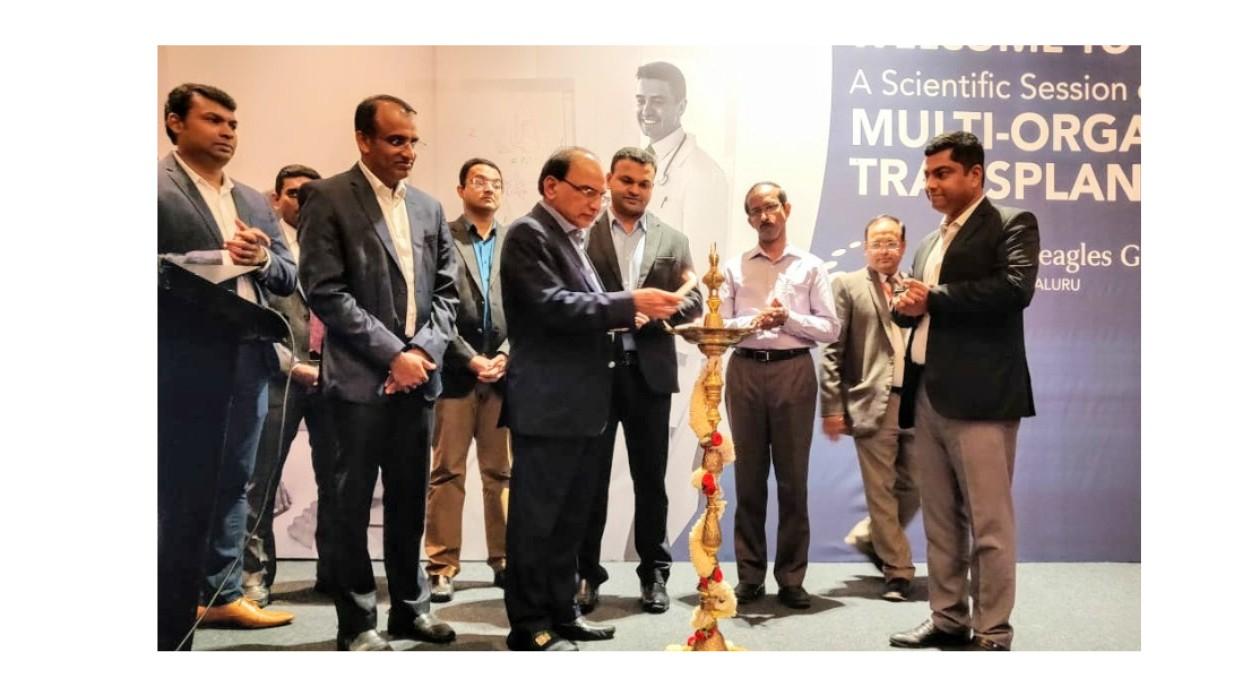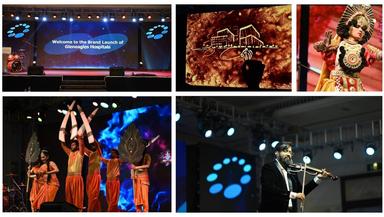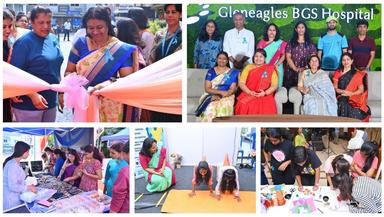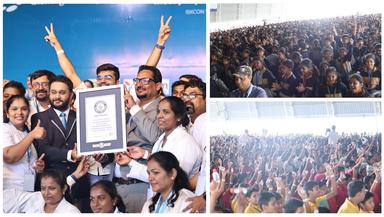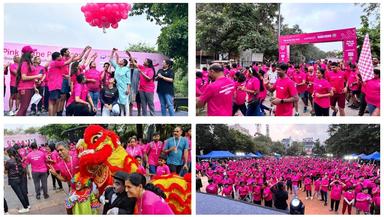Gleneagles Hospitals, Bengaluru hosted a scientific session on multi-organ transplantation. The main objective of this day-long event was to network and share knowledge amongst the physician community in Karnataka on the various advancements in solid organ transplantation and the improvement in the outcomes after transplantation. This will benefit the doctor community as it will ensure they are better equipped to manage complex heart, liver, lung or kidney ailments and provide better guidance to their patients. The session was attended by 250 doctors and experts in the field of multi-organ transplantation in Karnataka.
Related Events
View all- Read moreBengaluru, Kengeri Mar 27, 2024
Gleneagles Hospitals Celebrates Rebranding Success Across India
The resounding success of the rebranding of Gleneagles Hospitals was celebrated with great fervor in Bengaluru,…
- Read moreBengaluru, Kengeri Jan 24, 2024
Teal to Heal Together: Empowering 60 Lakh+ Women with Cervical Cancer…
In a concerted effort to combat cervical cancer and educate women about its preventable nature, the "Teal to…
- Read moreBengaluru, Kengeri Nov 22, 2023
Gleneagles Hospitals Bengaluru Sets Record with Clean Hands Save…
Gleneagles Hospitals Bengaluru concluded its groundbreaking Clean Hands Save Lives campaign with a…
- Read moreBengaluru, Kengeri Nov 11, 2023
Raising Awareness: Gleneagles Hospital, Kengeri's Initiative…
At Gleneagles Hospital, Kengeri, a compelling event unfolded aimed at raising awareness about lung cancer.
- Read moreBengaluru, Kengeri Oct 29, 2023
Pink Up the Pace 2023: 2000+ people joins Breast Cancer Awareness Run!
Gleneagles Hospital, Kengeri concluded its highly successful 'Pink Wave' campaign with the thrilling 'Pink…
- Read moreBengaluru, Kengeri Jun 05, 2023
Samskruthi - Nursing Care & IHH Service Excellence 2023
Gleneagle’s Hospital has always been synonymous with excellence in healthcare.







